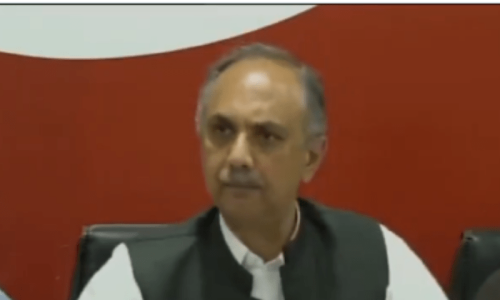
CAPE CANAVERAL: SpaceX launched 60 more mini internet satellites late on Monday, this time testing a dark coating to appease stargazers.
It’s a “first step” compromise between SpaceX and astronomers fearful of having dark skies spoiled by hundreds and, eventually, thousands of bright satellites circling overhead.
The Falcon 9 rocket blasted into a cold, clear night sky, recycled by SpaceX for its fourth flight. As the first-stage booster flew to a vertical landing on an ocean platform, the Starlink satellites continued hurtling toward orbit to join 120 similar spacecraft launched last year.
Flight controllers applauded, and the launch commentator described the booster’s fourth touchdown as awesome. An hour later, all 60 satellites were free of their upper stage and making their own way in orbit. It’s a beautiful sight, the commentator observed.
His Starlink fleet now numbering 180, SpaceX founder and chief executive Elon Musk plans to ultimately launch thousands of these compact flat-panel satellites to provide global internet service. Each spacecraft is just 575 pounds. After the first Starlink batch of 60 was launched in May and the second in November, astronomers complained how the bright satellite chain was hampering their observations. In response, SpaceX came up with a darkening treatment to lessen reflectivity. The coating is being tested on one of the newly launched satellites.
Jeff Hall, director of the Lowell Observatory in Flagstaff, Arizona, said the Starlinks have been just an occasional problem so far but noted the risk to stargazing will grow as the constellation expands and other companies launch their own fleets.
Published in Dawn, January 8th, 2020














































Dear visitor, the comments section is undergoing an overhaul and will return soon.